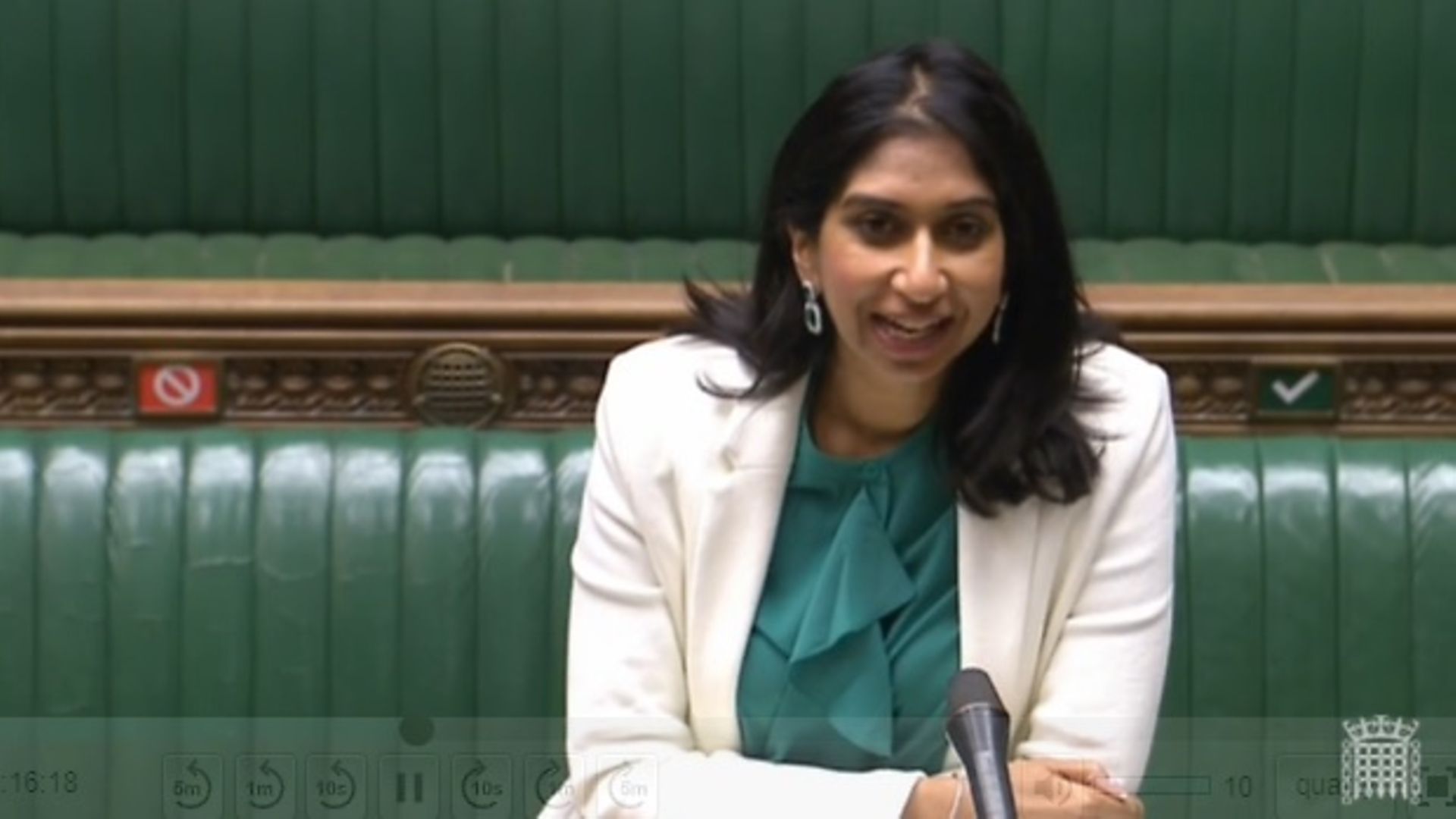
Attorney general Suella Braverman has defended the controversial internal market bill which will give the government the power to breach the withdrawal agreement after being accused of putting “Brexit fanaticism” ahead of the rule of law.
The government’s top legal adviser has faced calls to resign as she told MPs it is “entirely proper, entirely constitutional and lawful in domestic law” to enact legislation that may operate in breach of international law or treaty obligations.
She also insisted she is “proud” to support the bill and suggested those MPs who voted against it are unpatriotic.
Ministers have argued such powers to override the withdrawal agreement are needed to protect the relationship between Great Britain and Northern Ireland.
Suella Braverman accused of putting ‘Brexit fanaticism’ ahea
Critics of the measures include Conservative former prime minister Theresa May, who warned the controversial powers are not necessary and said they will cause “untold damage” to the UK and threaten the future of the union.
Speaking in the commons, Tory Brexiteer Sir Desmond Swayne asked: “So it doesn’t break any law, does it?”
Braverman replied: “Consideration of and voting for this bill does not constitute a breach of the law.
“Parliamentary supremacy means it is entirely constitutional and proper for parliament to enact legislation even if it breaches international treaty obligations.”
SNP attorney general spokesman Stuart McDonald accused Braverman of “putting her political loyalties, her Brexit fanaticism ahead of her loyalty to the rule of law, when it should be the other way round”.
He added: “That is why she should resign.
“Doesn’t this whole episode also illustrate why future attorney generals should be lawyers and not party politicians?
“It’s all right for her to trash her own reputation but not the reputation of the office of attorney general.”
Braverman replied: “It’s entirely proper, it’s entirely constitutional and lawful in domestic law to enact legislation that may operate in breach of international law or treaty obligations.
“It’s a pretty basic principle of law and if the honourable gentleman is having trouble understanding, I’d be very happy to sit down and explain it to him.”
For Labour, shadow solicitor general Ellie Reeves earlier highlighted criticism from former prime ministers, including May.
Reeves asked: “Are they all wrong?”
Braverman replied: “The question of whether in law the government can act in this way is very simply answered – yes it can.
“The question of whether it should is one for political debate, not legal argument.”
Warning: Illegal string offset 'link_id' in /mnt/storage/stage/www/wp-includes/bookmark.php on line 357
Notice: Trying to get property 'link_id' of non-object in /mnt/storage/stage/www/wp-includes/bookmark.php on line 37






